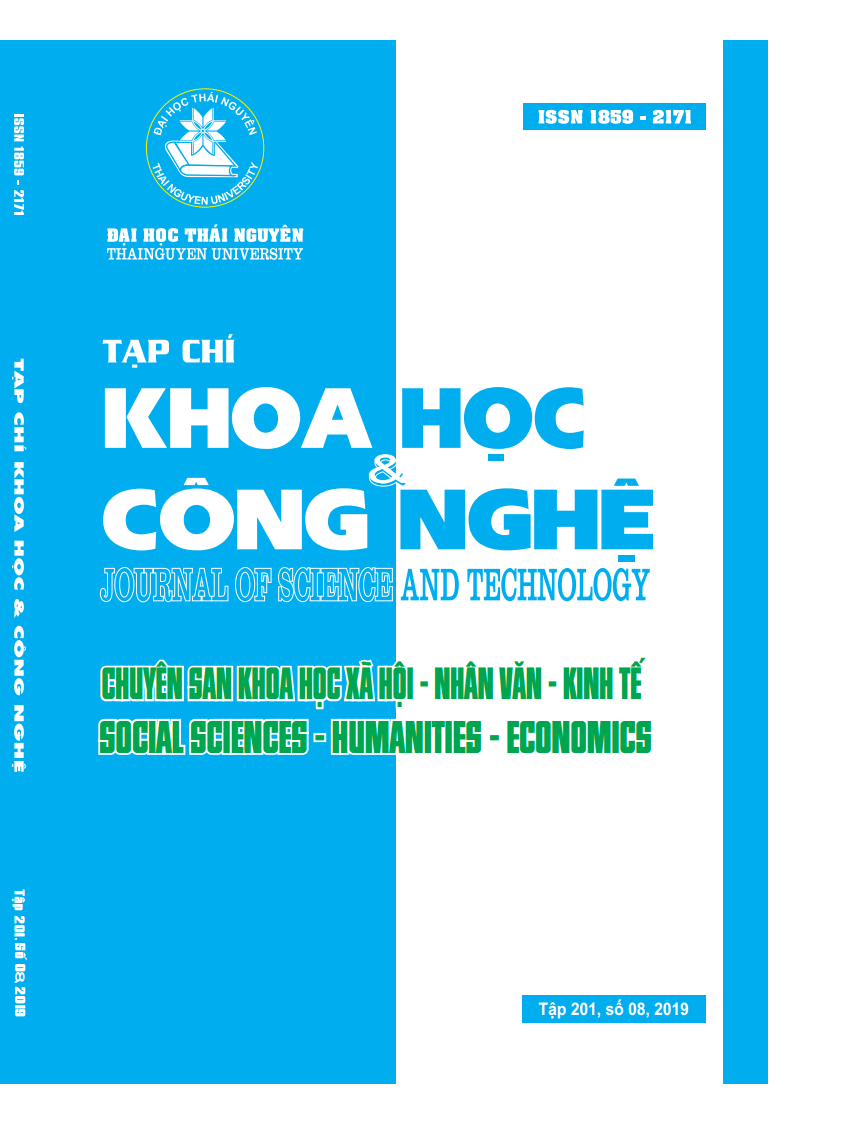IMPROVING THE EFFECTIVENESS OF WOMEN-OWNED COOPERATIVE ECONOMICS MODEL IN TRA VINH PROVINCE
Abstract
This research aims to evaluate the current situation, shortcomings and challenges of cooperative economics models, and characteristics of women-owned cooperatives and farmer groups in Tra Vinh province. The analyses were used to formulate rational recommendations for improving the role and effectiveness of coop economics in the research area. The methodology included destop studies of existing documents from relevant departments and organisations, personal interviews with leaders of the local cooperative alliance, survey and focus group discussions with representative leaders of women-owned cooperatives and coop groups. Results of this study showed that most of the cooperatives and farmer groups still have limited capacity in management and thus ineffective operation of their production and businesses. Limited linkages between production and markets were also found. In addition, the proportion of women-led cooperatives and farmer groups is rather small, coupled with their limited capacity in management and operation of production and businesses. Their stated key challenges and/or barriers include shortage of capital, market outlets and lack of science & technology. Besides, the local government has not issued specific support policies in favour of women-owned cooperatives and farmer groups. Recommendations for addressing the defined challenges are discussed.

